SUMMARY
This is AI generated summarization, which may have errors. For context, always refer to the full article.
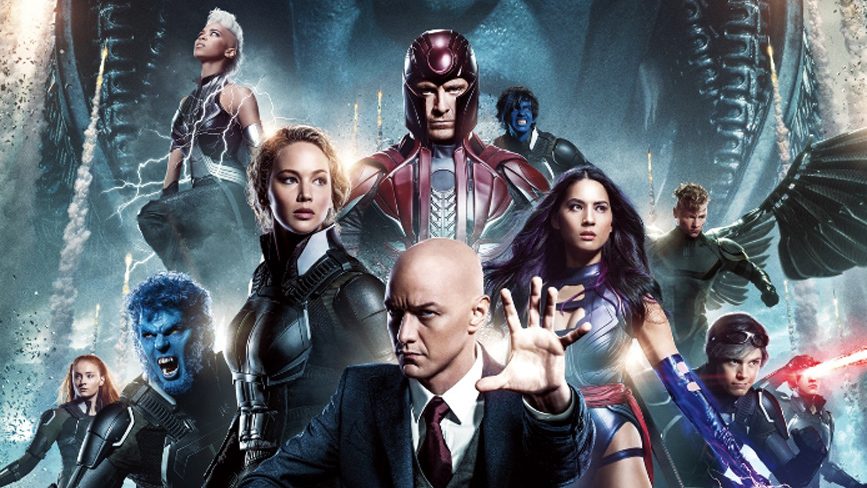
In a way, of all the superhero franchises that has bombarded cineplexes in the past decade or so, it is the X-Men films that are closest to home.
Sure, the films feature absurd characters with wings, tails, and Adamantium claws springing out of their knuckles. Their heroes and villains don unbreathable leather jumpsuits while performing the most daring of stunts. Their skin tones range from the palest of white to the darkest of blue.
In other words, the superhero franchise admirably has strangeness and difference in its soul and core. (READ: Movie reviews: What critics think of ‘X-Men: Apocalypse’)
Mutants and history
It is this strangeness that informs the franchise’s universal theme. Unlike – let’s say – The Avengers or the recent attempts of Warner Brothers to create a universe out of DC Comics characters, the X-Men films, by the very nature of their characters, do not need to fabricate clever allegories to maintain the currency of their narrative. They only need to fluently enunciate the inherent symbolisms of their mutant characters whose jarring ideologies represent philosophies that have pervaded humanity in its prolonged history of hate and prejudice.
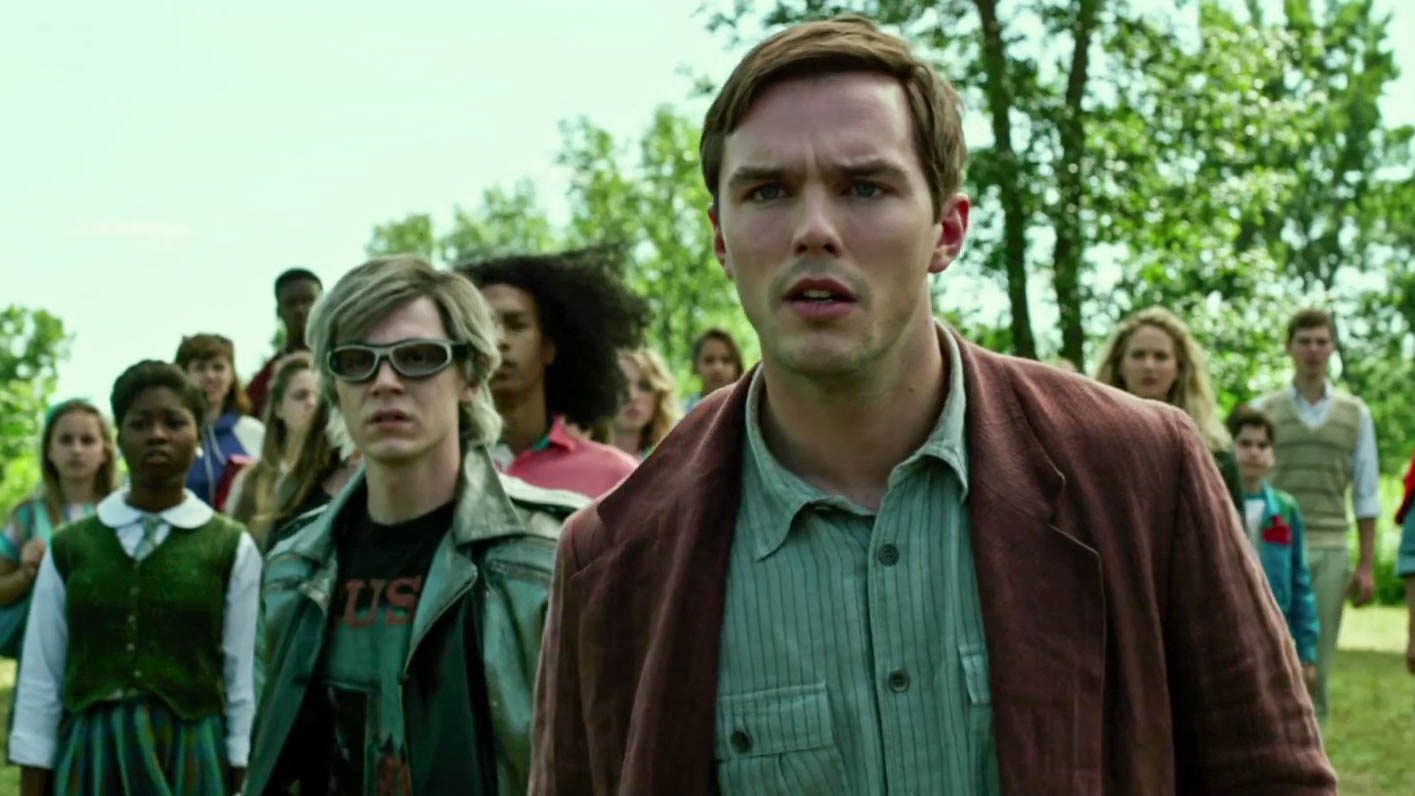
The very best of the X-Men films clearly communicate themselves as pop permutations of very real stories of discrimination. With its story of closeted outcasts valiantly fighting government efforts to keep them closeted, Bryan Singer’s X2 (2003) can be read as a parable of the struggles of the gay community.
Unfortunately, Brett Ratner’s X-Men: Last Stand (2006) squandered the thematic strengths that Singer has carefully planned by turning the film into an incoherent pageant of superheroes who are simplistically divided into camps of good and evil.
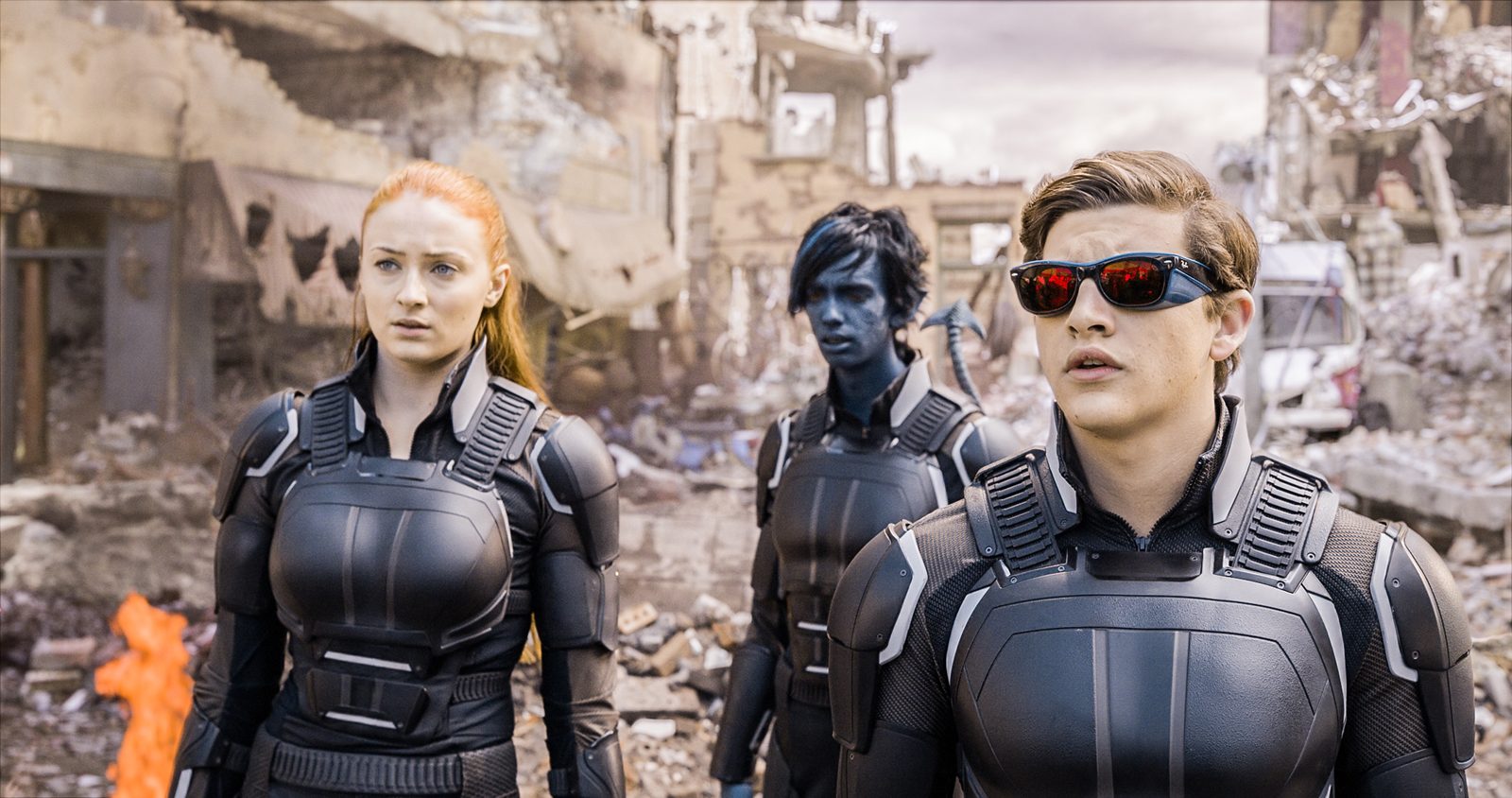
The more recent films, Matthew Vaughn’s X-Men: First Class (2011) and Singer’s X-Men: Days of Future Past (2014), place the famous mutants within specific points of history, in a daring effort to emphasize that the comic book’s themes resonate even more when backdropped against very real political and ideological scenarios.
X-Men: Apocalypse takes the mutants further back in history, during the time of pharaohs, where rulers are revered as gods.
The titular villain is described as the world’s first mutant and his dastardly aim throughout history is to cleanse the world of weak humans by instilling into mutants the belief that their powers give them the right to rule. If this sounds familiar, it is only because this very tenet that the film’s primary antagonist upholds, seems to be the very same one that informs some organized religions.
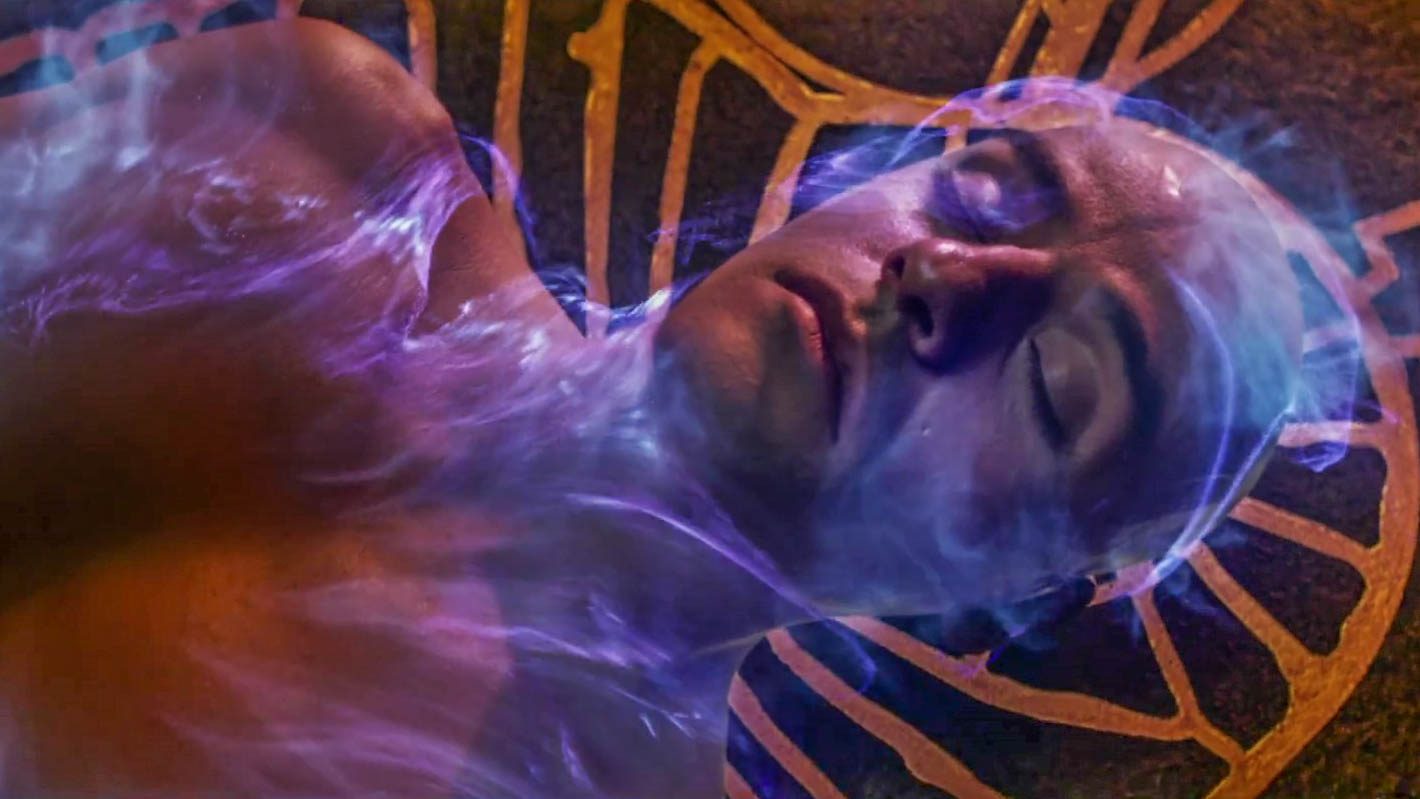
Ambitions and failures
That said, Apocalypse has all the right ambitions, tackling the role of religion in mankind’s love-hate relationship with discrimination.
Singer begins in ancient Egypt where En Sabah Nur (Oscar Isaac), by virtue of some of his followers’ last-minute betrayal, is buried alive, left and forgotten for centuries.
The film fast-forwards to the ’80s. Professor Charles Xavier (James McAvoy) is happily managing his school of mutants. Mystique (Jennifer Lawrence), now a hero because of her televised stint in Days of Future Past, is busy traveling the world, saving mutants who are being exploited because of their powers. Magneto (Michael Fassbender) is now a family man in Poland, living anonymously as a well-liked metal factory worker with his wife and young daughter.
Apocalypse mostly labors through the disparate narratives of its main characters for the first hour, and Singer, with the help of Simon Kinberg’s screenplay, manages to keep things interesting by infusing each separate story familiar dramas.
Xavier is faced with the possibility of rekindling romance with CIA agent Moira MacTaggert (Rose Byrne). Mystique befriends the shy, charming and similarly blue Kurt Wagner (Kodi Smit-McPhee). Magneto is faced with another tragedy borne out of hate which forces him to rethink his ideologies.

The film deflates when En Sabah Nur rises from the grave to witness the world that he has left behind turned into something where the systems of the weak rule. Instead of reinforcing the film with a forceful credo, he simply collects followers who are all disgruntled mutants, namely Magneto, street urchin Ororo Munroe (Alexandra Shipp), dutiful lackey Psylocke (Olivia Munn), and winged mercenary Angel (Ben Hardy).
En Sabah Nur is a convincing speaker, mouthing off slogans that resonate heavily in the present-day world that dabbles with extremism. However, the film stumbles by binding his reach, making his purpose of religious conversion limited to his loyal servants.
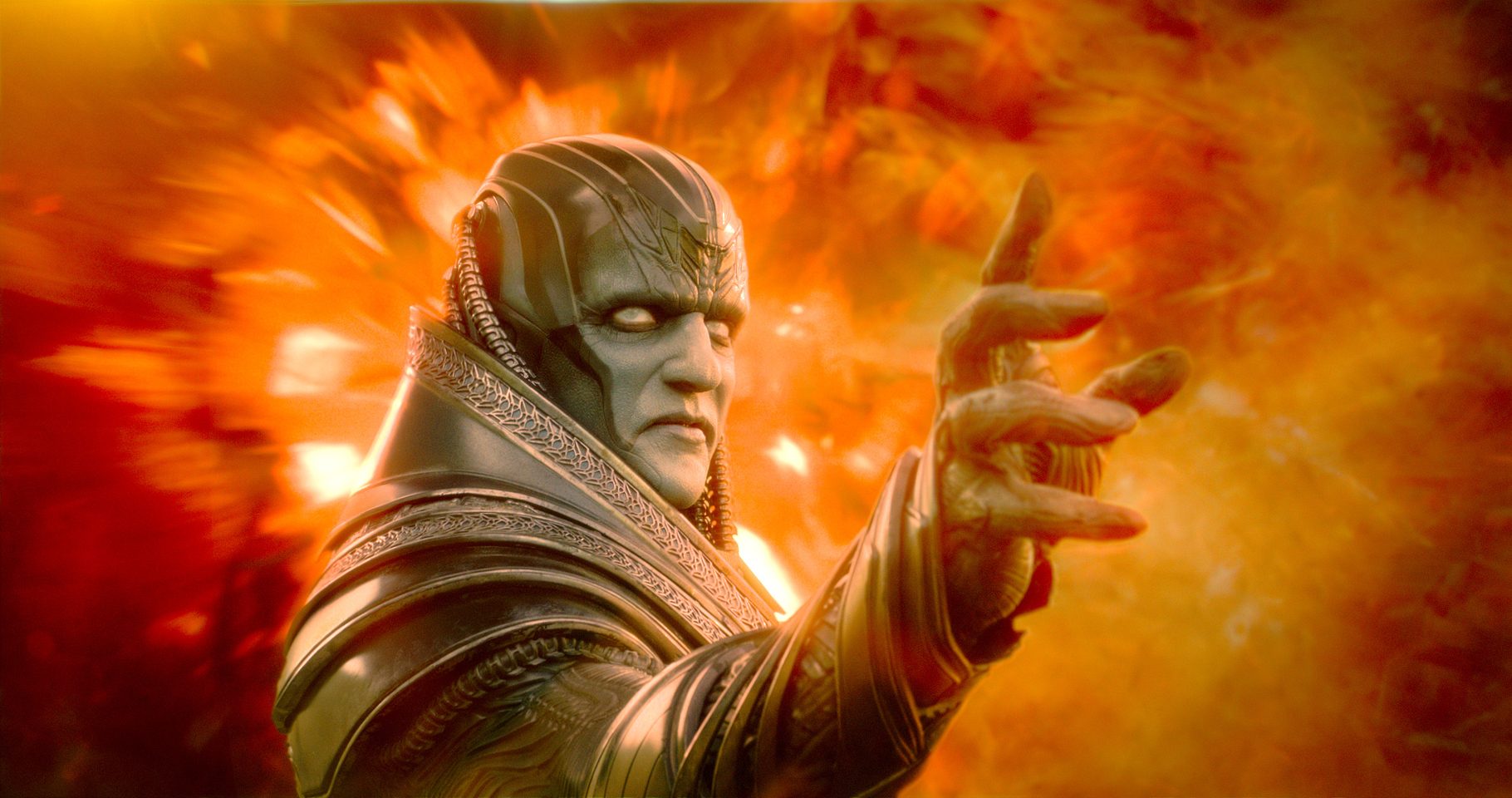
The film wastes most of its thematic ambitions by pointing towards a direction that is all but certain in superhero flicks, which is the visual effects-heavy climax. The mostly coherent battles are surely thrilling, and there is quite a bit of emotional leverage in them because of the odds and the stakes. However, there is always that feeling that the film has never really tried to reach its utmost potential as a wellspring of metaphors.
Bloated entry
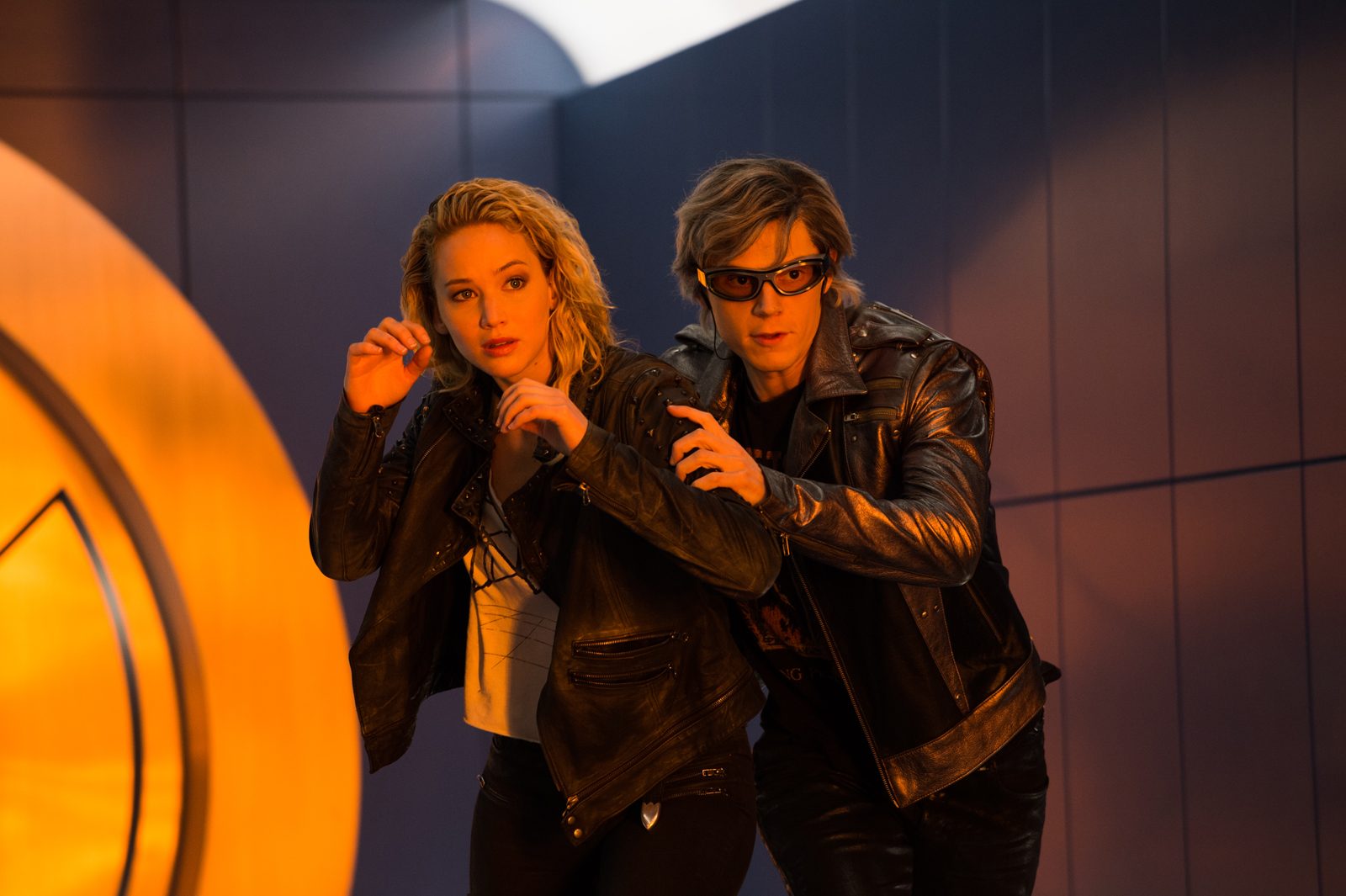
The film’s villain never becomes that personification of dogmatic upheaval for disenfranchised mutants. He is simply utilized as just another big boss, a nemesis that would force all the good mutants to team up and fight.
In the end, Apocalypse becomes just another bloated entry in a franchise that has established a certain bit of goodwill by accomplishing to become more than just irrelevant entertainment. The promise is biblical in proportion.
Thankfully, its fall from grace is not as great. This is still better than the average superhero flick that is all too eager to be amiable at the expense of any relevant purpose other than awe and spectacle. – Rappler.com
 Francis Joseph Cruz litigates for a living and writes about cinema for fun. The first Filipino movie he saw in the theaters was Carlo J. Caparas’ ‘Tirad Pass.’ Since then, he’s been on a mission to find better memories with Philippine cinema.
Francis Joseph Cruz litigates for a living and writes about cinema for fun. The first Filipino movie he saw in the theaters was Carlo J. Caparas’ ‘Tirad Pass.’ Since then, he’s been on a mission to find better memories with Philippine cinema.
Add a comment
How does this make you feel?
There are no comments yet. Add your comment to start the conversation.